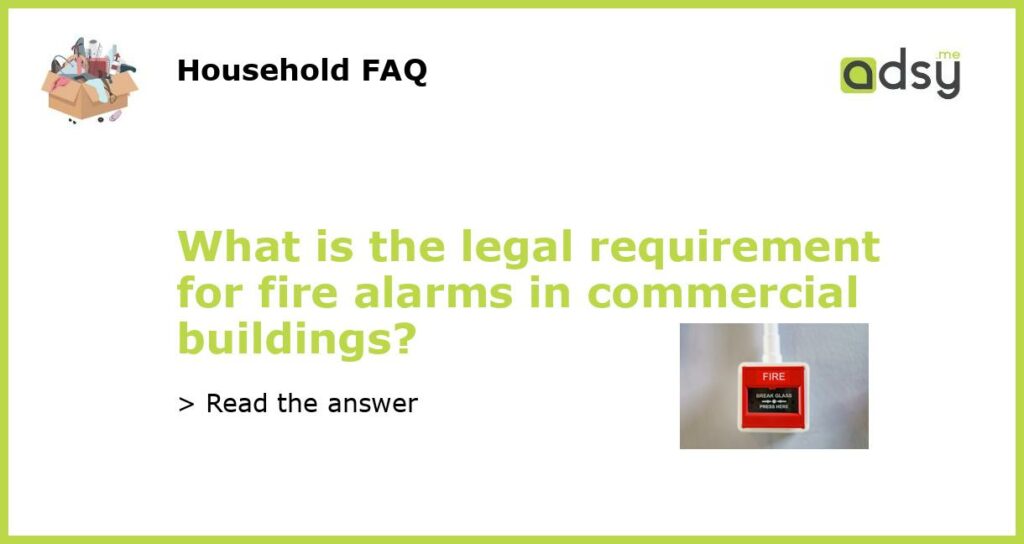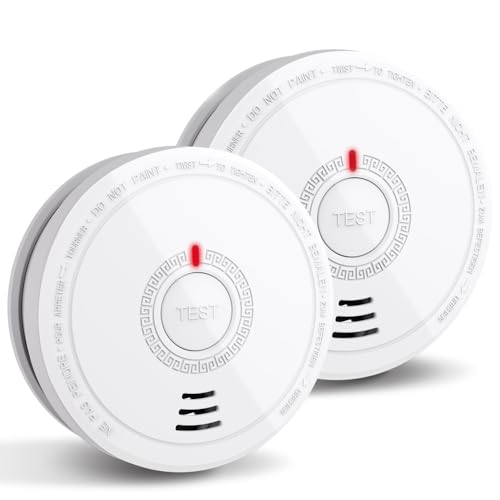The Importance of Fire Alarms in Commercial Buildings
Fire alarms are a crucial part of any commercial building’s safety system. They save lives and protect property by detecting fires and alerting occupants. But what is the legal requirement for fire alarms in commercial buildings?
Legal Requirements for Fire Alarms in Commercial Buildings
The answer will depend on the jurisdiction, but in general, there are several legal requirements for fire alarms in commercial buildings. The National Fire Protection Association (NFPA) sets the standards for fire alarm installation and maintenance, which have been adopted by many states and local jurisdictions.
According to NFPA 72, the National Fire Alarm and Signaling Code, most commercial buildings are required to have fire alarm systems installed. The code specifies that fire alarms must be installed in all areas of the building, including hallways, corridors, and stairwells. The specific requirements for the type of fire alarm system and its components will depend on the size, complexity, and occupancy of the building.
Types of Fire Alarm Systems
There are several types of fire alarm systems, including conventional, addressable, and wireless. Conventional fire alarms consist of a series of alarms connected to a control panel. Addressable fire alarms are similar to conventional alarms, but each device has its own address, making it easier to locate the source of the alarm. Wireless fire alarms use radio signals to communicate between the devices and the control panel.
In addition to the type of system, the code specifies the requirements for fire alarm components, such as smoke detectors, heat detectors, and notification appliances (like horns and strobes). These components must be installed in accordance with the manufacturer’s instructions and the code requirements.
Inspection and Maintenance Requirements
Once fire alarms are installed, they must be inspected and maintained on a regular basis to ensure they are working properly. The code specifies the frequency of inspections and maintenance based on the type of system and the occupancy of the building. In general, fire alarms must be inspected and tested annually, with more frequent testing required for high-occupancy buildings or those with more complex systems.
It is also important to have a plan in place for responding to fire alarms. Occupants should be trained on what to do in the event of an alarm, and there should be designated staff members responsible for ensuring the building is evacuated safely and quickly.
In summary, fire alarms are a crucial component of any commercial building’s safety system. The legal requirements for fire alarms in commercial buildings will depend on the jurisdiction, but in general, the NFPA 72 sets the standards for fire alarm installation and maintenance. It is important to ensure that fire alarms are properly installed, inspected, and maintained, and that occupants are trained to respond to alarms quickly and safely.






